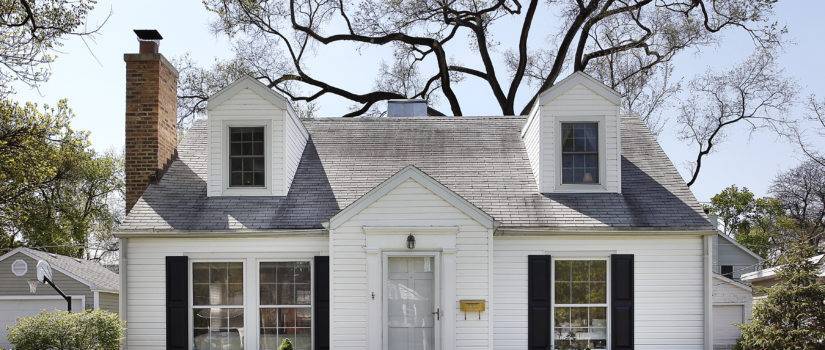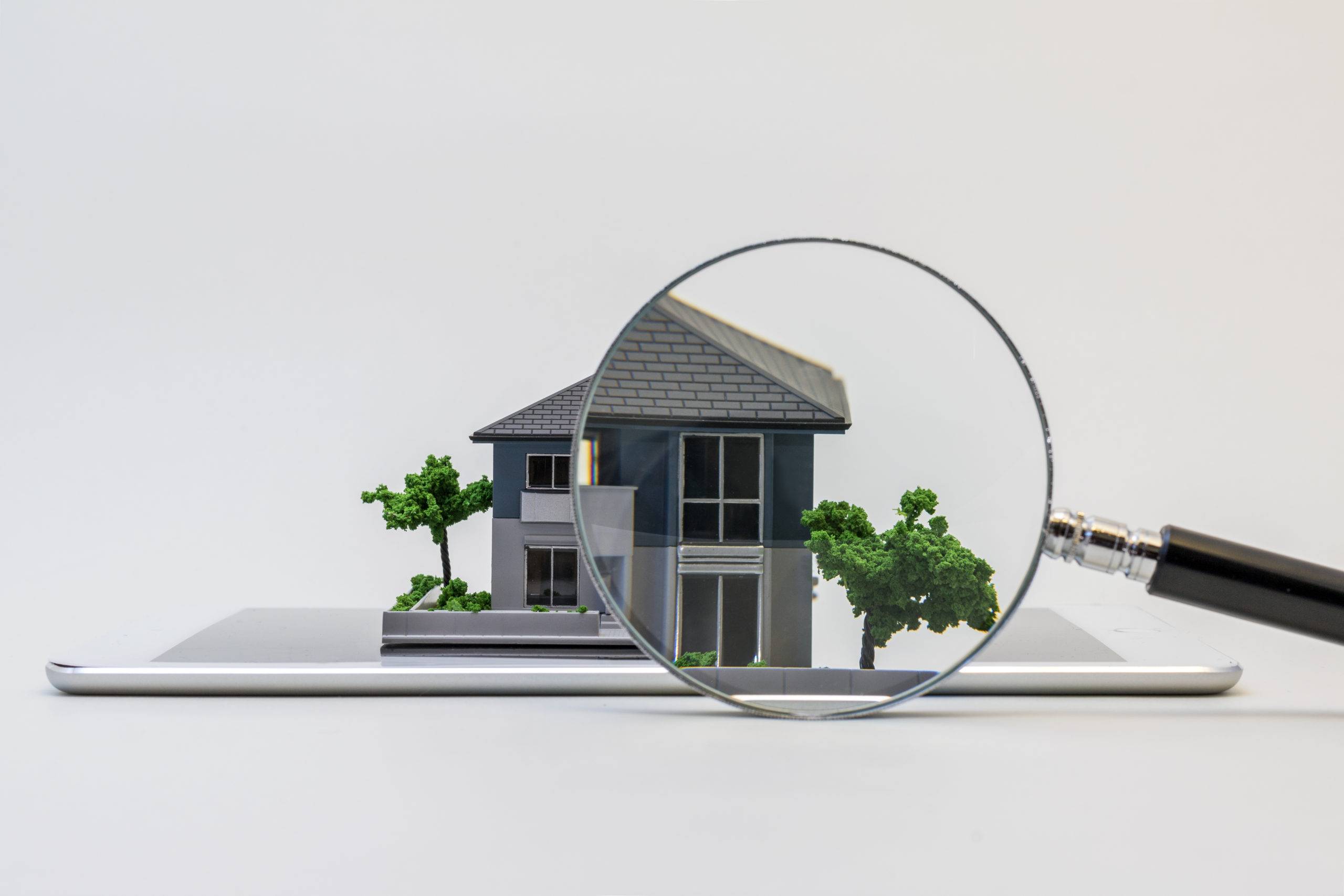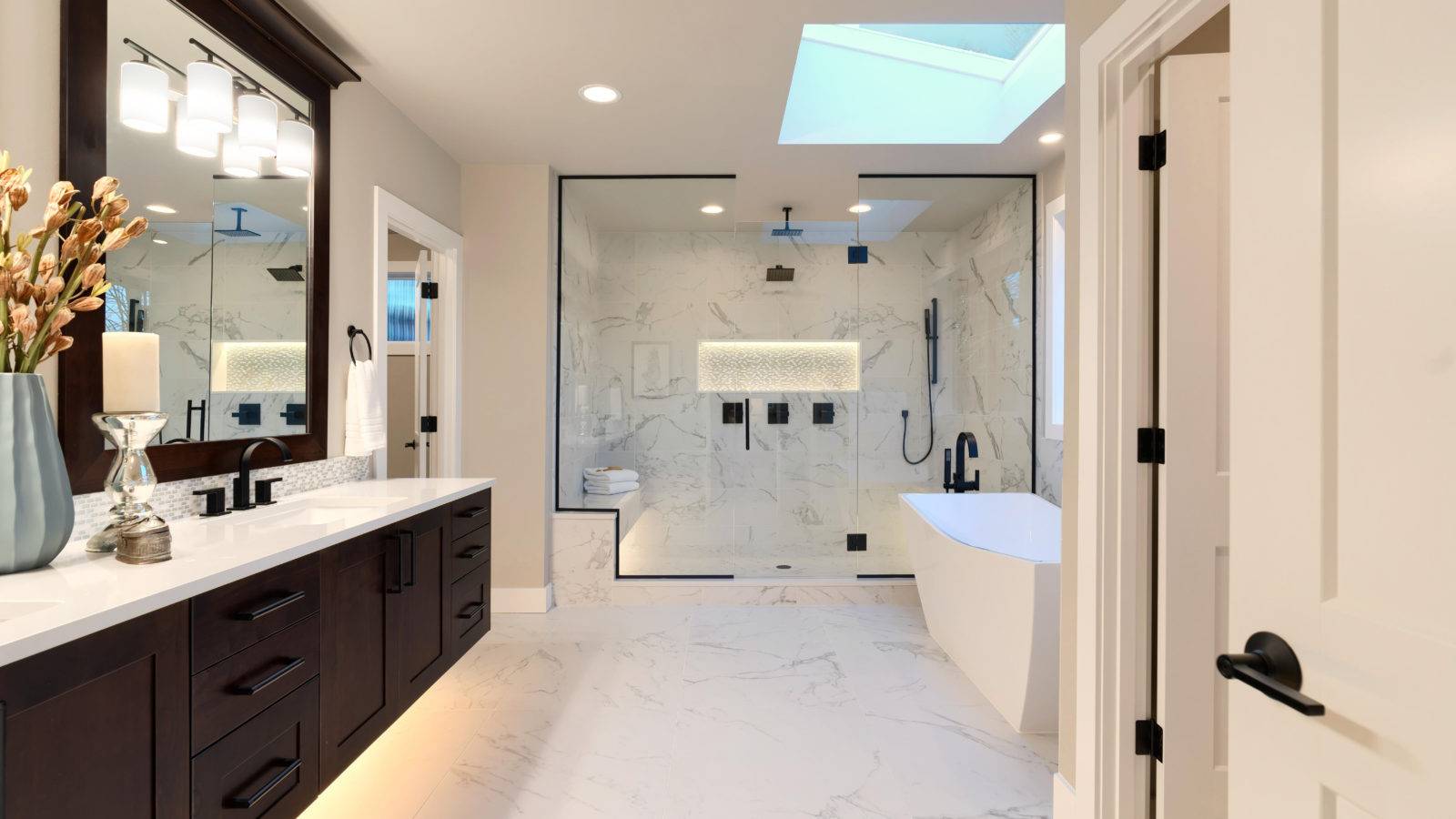How Does a Home Inspection Work?

How wonderful would it be if you could “test drive” a home before you actually purchased it? Imagine yourself cooking in that brand new chef’s kitchen, taking a luxurious bath in a new copper clawfoot tub, or just sleeping over a few nights to make sure the new would-be neighbors aren’t raving fans of heavy metal rock at 2:00 AM? Well, that’s not possible. But, you can hire a professional home inspector to do a little bit of sleuthing for you.
Yes, even when you believe you’ve found the perfect home with all of your “must have” features, it’s very important to also consider the most critical and expensive details of your dream home. Knowing what condition the roof, plumbing, electrical panel, and HVAC are in will help you rest easier as you work through the purchase process. Inspection results can also be a significant factor in negotiating the final sale of the home, or in some cases, in deciding when to end negotiations and walk away. A certified home inspector will look under the hood and thoroughly inspect all of these elements and systems.
There are many ways to find an inspector — ask friends, check Yelp, and definitely take the recommendation of your Realtor. I personally enjoy working with a handful of home inspectors who are knowledgeable, honest, patient, and consistently deliver a quality experience. Your agent will make sure the inspector gets access to the home and will often attend, at least, the kickoff of the inspection, if not its entirety, to be sure the inspector has everything they need and all is going smoothly. I like to stay in close contact with the listing agent during the inspection so we can have quick answers to any questions that may arise.
The cost of a home inspection is well worth the investment. Payment is almost always non-refundable and due at the time of service. You can expect to pay on average about $450-550 for a home inspection (depending on the size of the house) and another $125-200 if you decide to add radon testing. In Virginia, the seller is responsible for doing a termite inspection before you close. The costs of sewer camera scoping and stucco moisture reports vary greatly depending on location.

What to Expect During the Inspection
Inspections typically start on the roof. Some inspectors may even use a drone to view hard to access areas. Once inside, the inspector will explore every inch – checking water pressure, walls for indications of structural damage, ceilings for traces of leaks. Because the “nerve center” of a home is where most of the mechanicals (electric, HVAC, etc.) are located, inspectors will give detailed time and attention to those. An inspection can take a few or several hours depending on the size and scope.
Some buyers like to follow the inspector around, others wander the home, taking measurements, thinking about floor plans and future furniture layout. A confident, personal inspector won’t mind if you follow her/him around and ask questions. It’s a great way to become acquainted with your (hopefully) new home. In fact, my favorite part of the process is when inspectors educate buyers about certain functions of the home. Sometimes these are items we don’t really think about until we need them, such as how to turn off the water or electricity, replace a furnace filter or troubleshoot the garbage disposal.
Typically, an inspector will alert you to any significant issues on the spot. At the conclusion, an inspector will usually summarize their findings, communicating any concerns and highlighting positive aspects of the home. But don’t worry about memorizing it all! Your inspector will provide a thorough written report for you shortly after the inspection. In addition to pictures and written descriptions of issues, inspectors will also include estimated costs for repair, replacement, or correction, which you and your Realtor will use to negotiate further with the seller.

Realtors Are Very Important in the Inspection Process
The important thing to remember is that the house you fell in love with may have some flaws. As an experienced Realtor, I am here to tell you that is totally normal. The Golden Rule is: NO HOUSE IS PERFECT! It is rare to walk away from a home inspection without at least one item on a to-do list. The purpose of the inspection is to make sure your home is “perfect enough”. Simply put, it allows you to enter into a contract where you know what the strengths are (i.e. the roof is in great shape, electrical wiring was clearly installed by a top-notch professional, etc.) as well as the scope of any upcoming maintenance (i.e. the furnace is an older model so expect to replace it within a year, worn limestone steps in need of repair, etc.). This is where leaning on your Realtor’s expertise will help you to understand and interpret your home inspection report. This is a BIG reason we are here for you on your home-buying journey!







